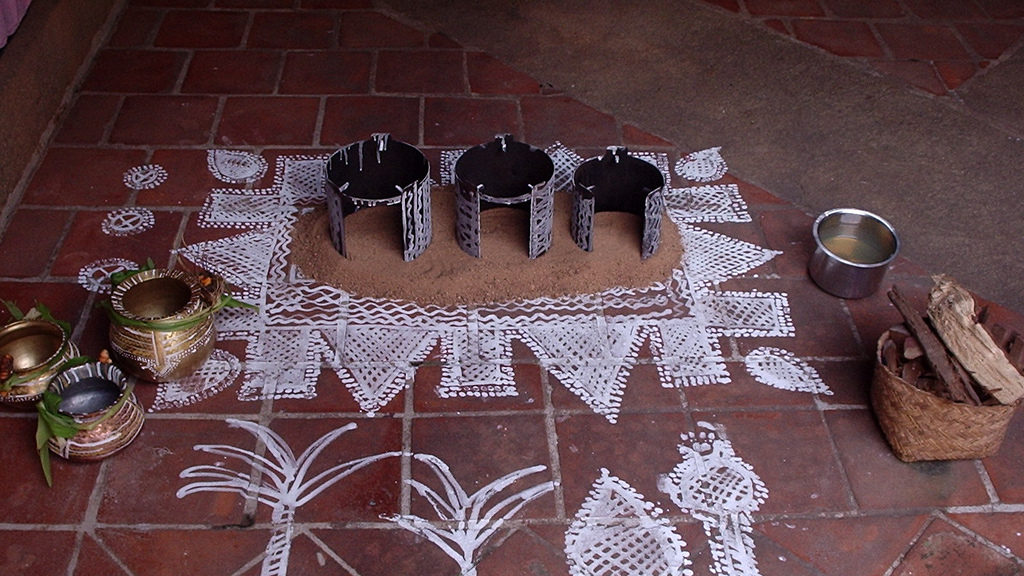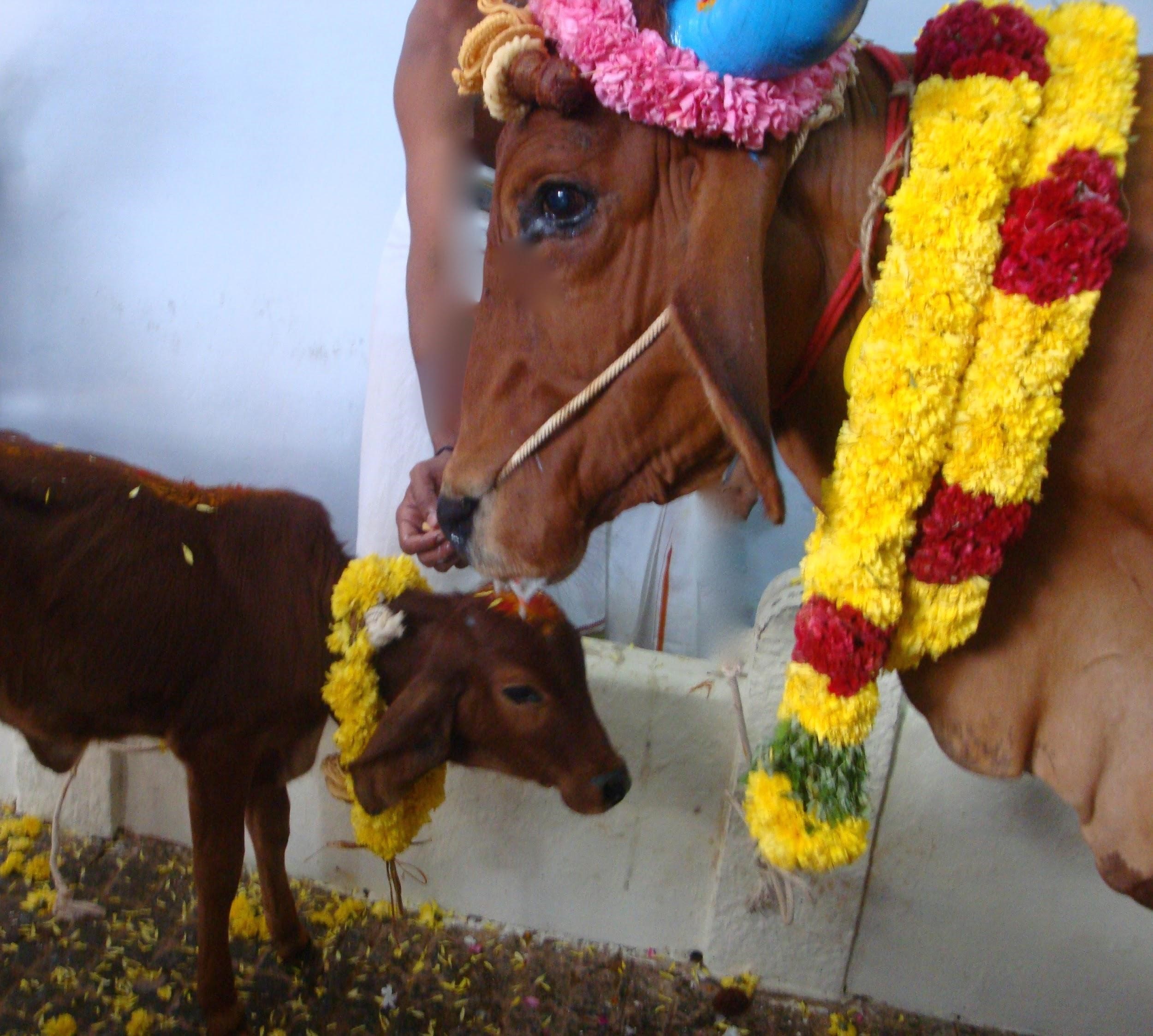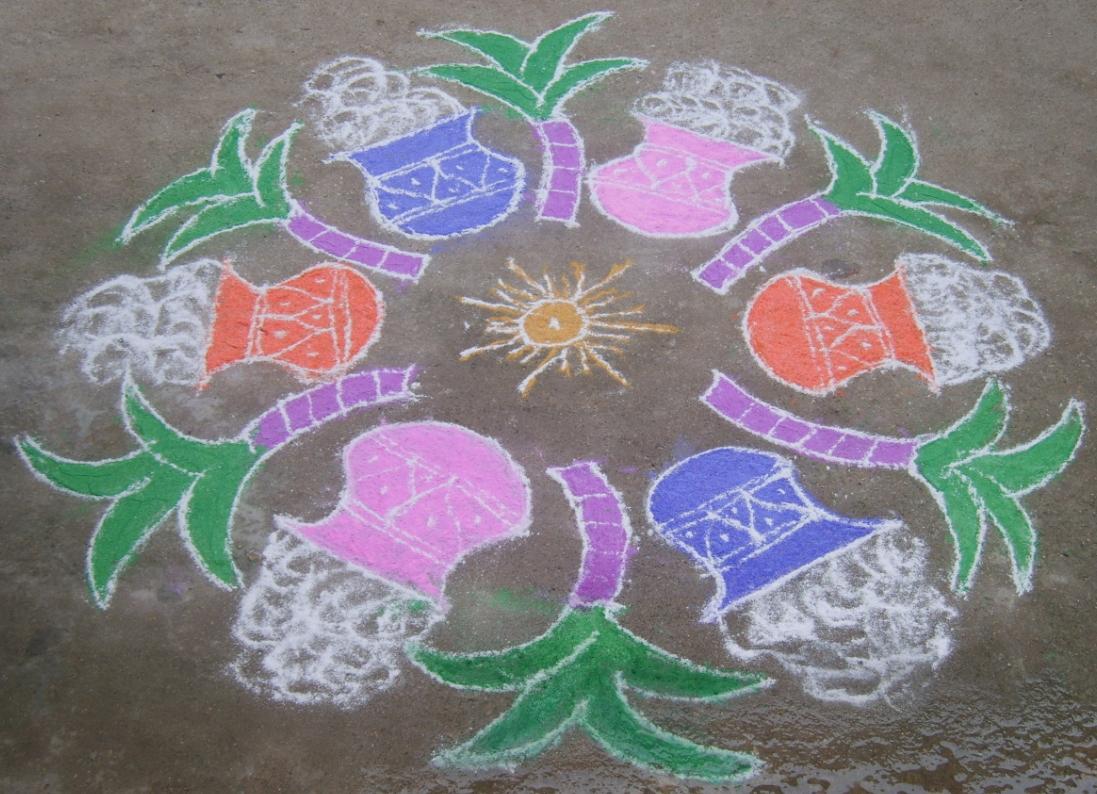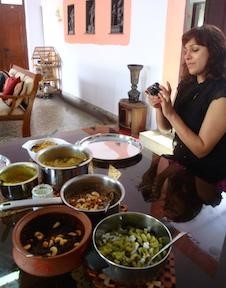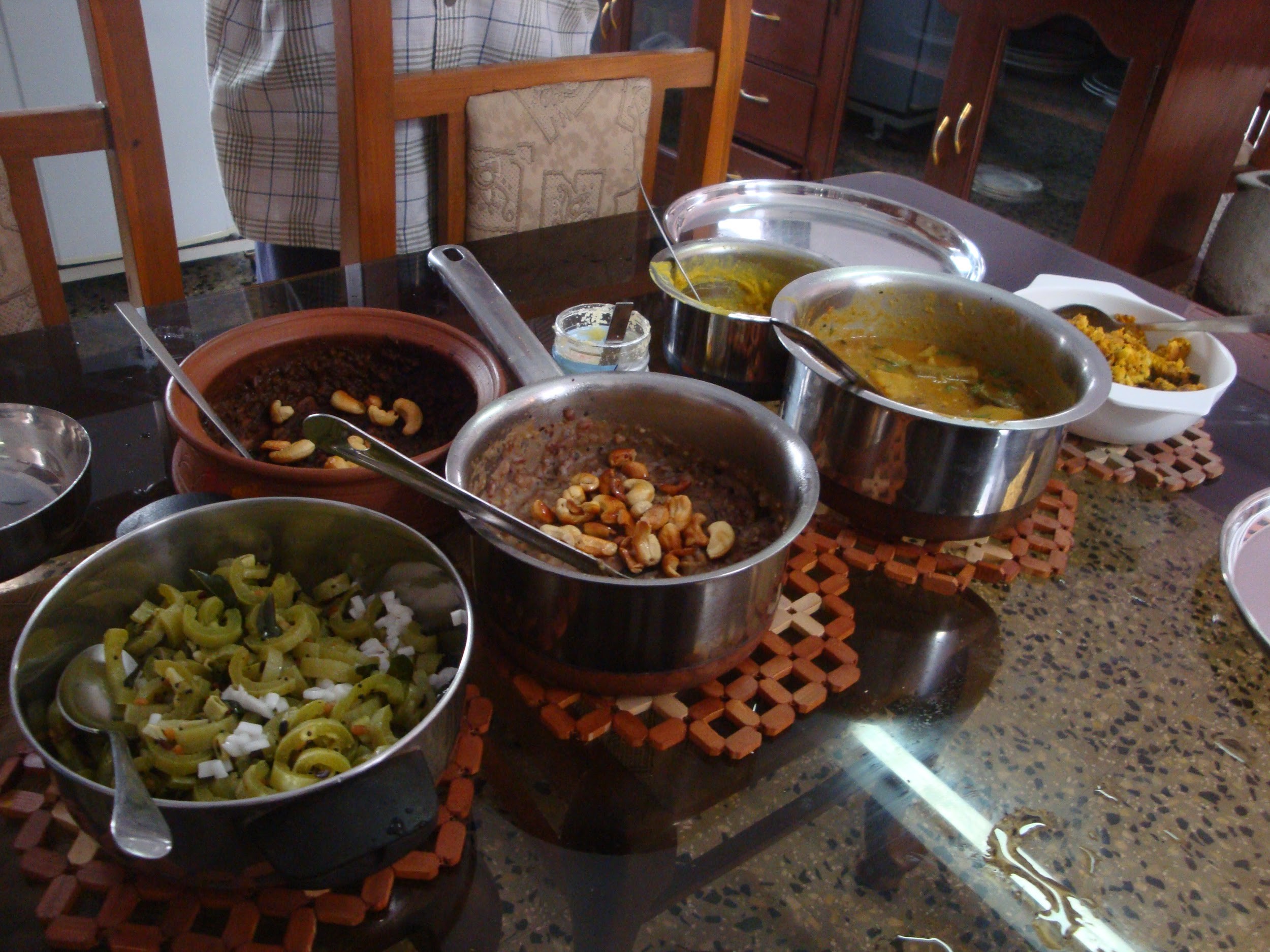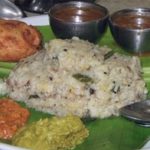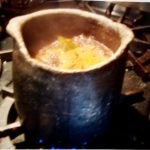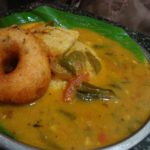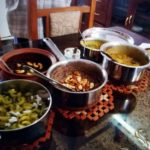In India, January 14th is the start of the harvest season and is celebrated for four days. Pongal means overflowing of abundance in prosperity and harvest. Hindus give thanks to nature for the rains and fresh harvest, to the animals, especially the cow for being a surrogate mother.
The first day of the pongal is called Bhogi. Bhogi pongal is celebrated to thank the rain god Indiran for fresh harvest. This day also signifies the end of winter. In South India there is no spring. The weather goes straight into summer.
Pongal is very meaningful to South Indians as the season is for all Hindus (link) – this link will give you a sense of how it felt for us growing up celebrating Pongal.
As a child growing up in India, Bhogi Pongal was the day when we cleaned up house.. but first we had to clean ourselves. My mother insisted that everyone in the family woke up as early in the chill morning as possible and cover our entire bodies and hair with sesame oil assisted by our merciless Grandmama.
The hot water is brewing in the copper boiler. The scented shikakai powder is given to me to wash the oil from hair and body. No soap was used. Shikakai is an herbal pod used as a cleanser and oil remover.
Meanwhile, the rest of the family is scurrying around, finding and discarding unwanted things, which were to be burned in a bonfire later that night to robust music and dancing young girls.
Throughout the world everyone from every religion celebrates the New Year in January. For me it was like celebrating the New Year all over again with the new harvests, new aspirations, new commitments, new pledges, new resolutions. Having bathed in energized warm water from the copper boiler, and wearing my pavadai and chokka (long skirt and blouse), I got the ingredients ready for the kolam art and decoration of the door ways.
Sandalwood paste, kumkumam, rice flour, and rice flour thin paste, my sisters join me and teach me how to draw the kolam. It is so much fun drawing the kolam. It is like doing a puzzle. Dots, circles and lines, meticulously arranged to create the art, geometric designs, village scenes, festival scenes and symbolic drawings of the energy grid, to draw upon the cosmic energy while cooking.
The kolam is also made to welcome Lakshmi, the Goddess of wealth and prosperity. This ritual of preparing the food puts positive energy, and abundance of nutrition that can transform your body to a higher plane.
The homes are cleaned, decorated and the front entrance washed with an ancient antibacterial agent formula.
After most of the physical cleaning, we also practice mental cleaning in the form of a meditation by letting go all the thoughts and worries of yesteryear and making are minds fresh again. Then we clean our spirits by making peace with everyone in our hearts and wishing everyone well.
For Boghi, the menu is sweet poli, buttermilk kuzhambu, pachidi, paruppu usili, lemon rasam, payasam, and vadai. Different households have different menus with variations of vegetables used.
______________________________________________________________
HEAR ARE SOME TASTY AND SIMPLE PONGAL RECIPES THAT YOU CAN TRY IN YOUR OWN KITCHEN:
Vegetable Sambar for Pongal (link)

